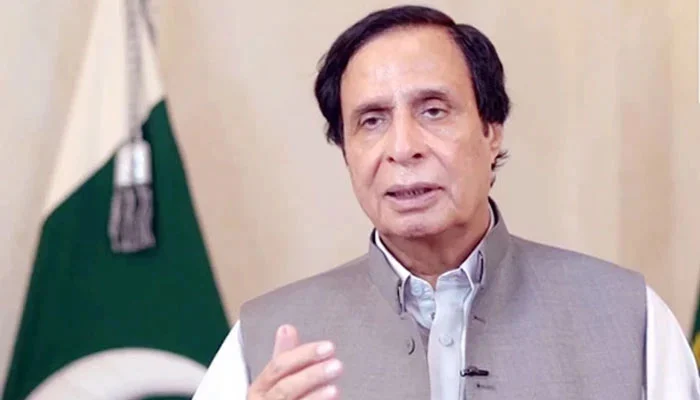Islamabad, April 2025 — In a significant move to reform the power sector, Federal Energy Minister Owais Leghari has announced that the government will privatize three electricity distribution companies (DISCOs) in the first phase of its power sector overhaul. The announcement came during a press conference held in Islamabad, where the minister shared updates on sector performance and ongoing negotiations with Chinese power companies.
First Phase of Privatization: IESCO, GEPCO & FESCO
The first wave of privatization will involve Islamabad Electric Supply Company (IESCO), Gujranwala Electric Power Company (GEPCO), and Faisalabad Electric Supply Company (FESCO). According to Owais Leghari, these three DISCOs have been chosen for their relatively better performance and investor interest.
Privatization will lead to improved service delivery, reduced line losses, and more efficient billing mechanisms, the minister stated.
He added that transparent bidding processes will be followed to ensure fairness and maximum returns for the public sector.
Second Phase: LESCO, SEPCO & MEPCO to Follow
In the second phase, the government plans to privatize:
- Lahore Electric Supply Company (LESCO)
- Sukkur Electric Power Company (SEPCO)
- Multan Electric Power Company (MEPCO)
This two-phase strategy aims to gradually transform the energy distribution network, bringing private sector efficiency and better consumer services to the forefront.
Improvement in Circular Debt and Distribution Losses
Leghari highlighted that the power division has made significant strides in financial stabilization, noting that:
- The circular debt has improved by Rs 339 billion
- The losses of distribution companies have been reduced by Rs 145 billion
He attributed these improvements to strict monitoring, better governance, and targeted reforms in the energy distribution system.
Chinese Power Plants in Talks to Switch to Local Coal
The energy minister also shared that Chinese power producers operating in Pakistan are currently in talks to switch from imported to local coal. This strategic shift could help reduce Pakistan’s import bill and boost domestic coal usage, contributing to cost-effective energy production.
Additionally, discussions are ongoing with Chinese stakeholders to reprofile the debt associated with Chinese power projects, potentially easing the financial burden on the national economy.
Rs 55 Billion Solar Tube Well Initiative in Balochistan
As part of Pakistan’s clean energy drive, the federal government is launching a Rs 55 billion project to convert tube wells in Balochistan to solar energy. This initiative aims to:
- Reduce reliance on diesel and grid electricity
- Empower farmers with sustainable and cost-effective irrigation
- Promote green energy solutions in underserved regions
The Energy Minister said this project is a major milestone in Pakistan’s renewable energy transition, especially for remote and off-grid areas.
Privatization of Guddu and Nandipur Power Plants
Leghari also announced that privatization of Guddu and Nandipur power plants is underway. These thermal plants have long been criticized for inefficiency and underutilization. Their privatization is expected to:
- Attract private investment in thermal generation
- Improve plant efficiency and output
- Ease the fiscal burden on the government
Electricity Supply Boost for Industrial Sector
The minister emphasized that service agreements are being signed with the capital industry, ensuring uninterrupted and quality power supply to key industrial sectors. These agreements are part of a broader plan to support Pakistan’s manufacturing and export base.
A stable and reliable power supply is essential for economic growth,” said Leghari. We are ensuring that the industry gets the energy it needs without disruptions.
A Bold Step Toward Energy Sector Transformation
The announcement to privatize DISCOs, combined with renewable energy projects and efficiency measures, marks a major shift in Pakistan’s energy policy. The government aims to tackle long-standing issues of line losses, billing inefficiencies, and circular debt by leveraging private sector expertise and public-private partnerships.
Stakeholders have welcomed the move, urging the government to ensure transparency, fair valuation, and protection of consumer rights during the transition. If executed successfully, these reforms could lead to a more sustainable and consumer-friendly energy sector in Pakistan.



